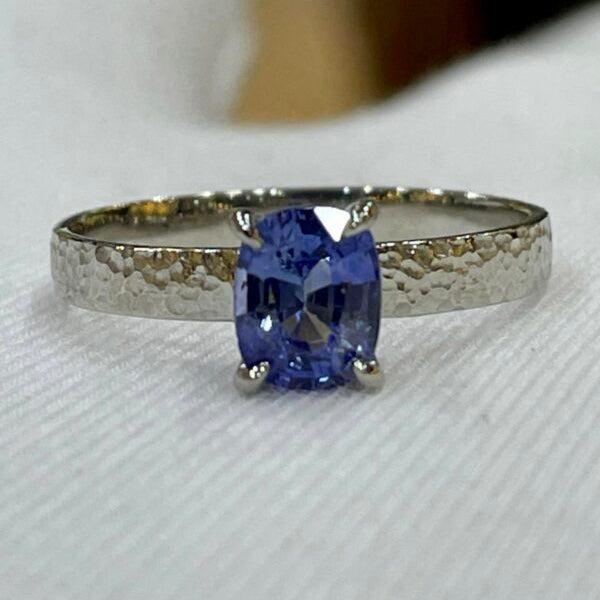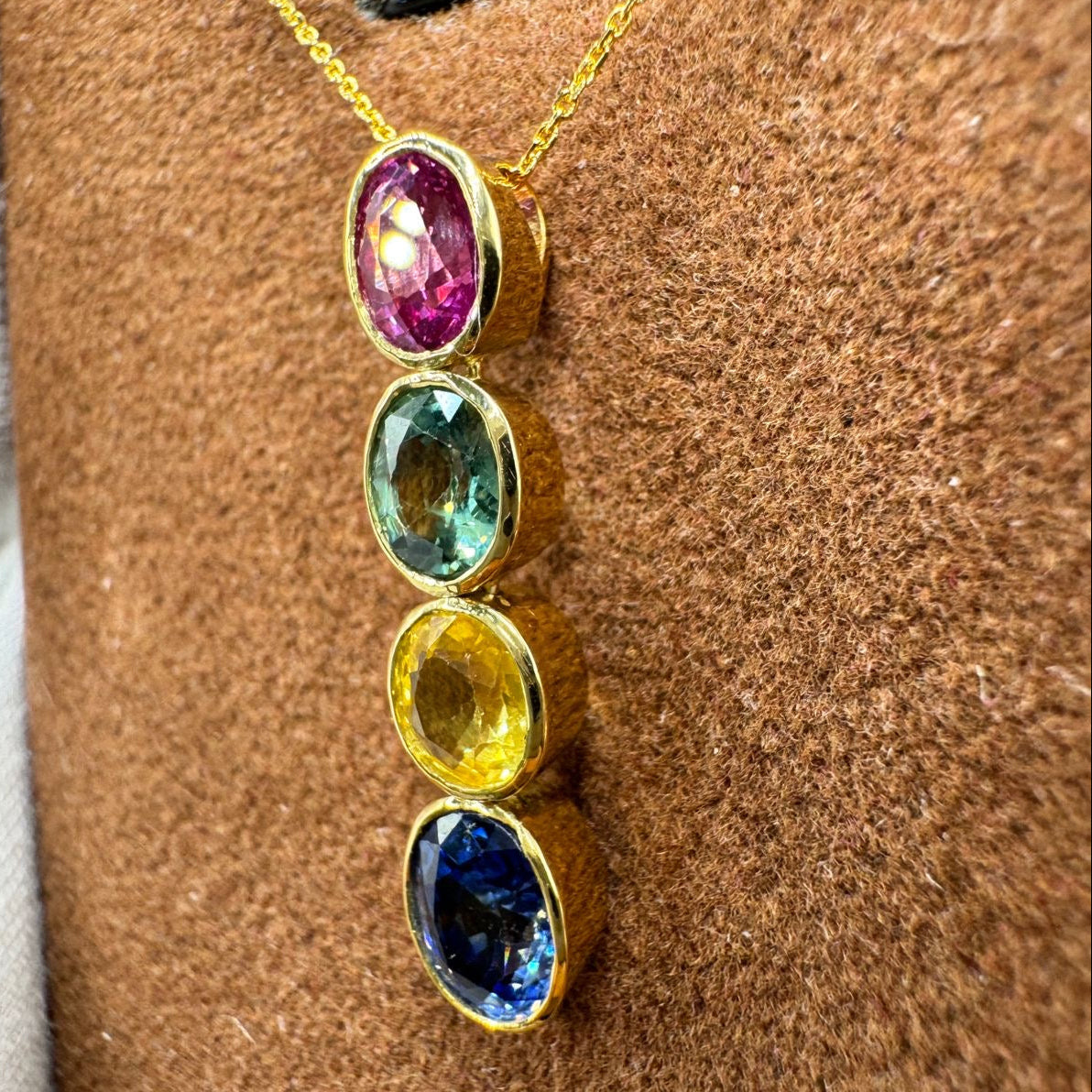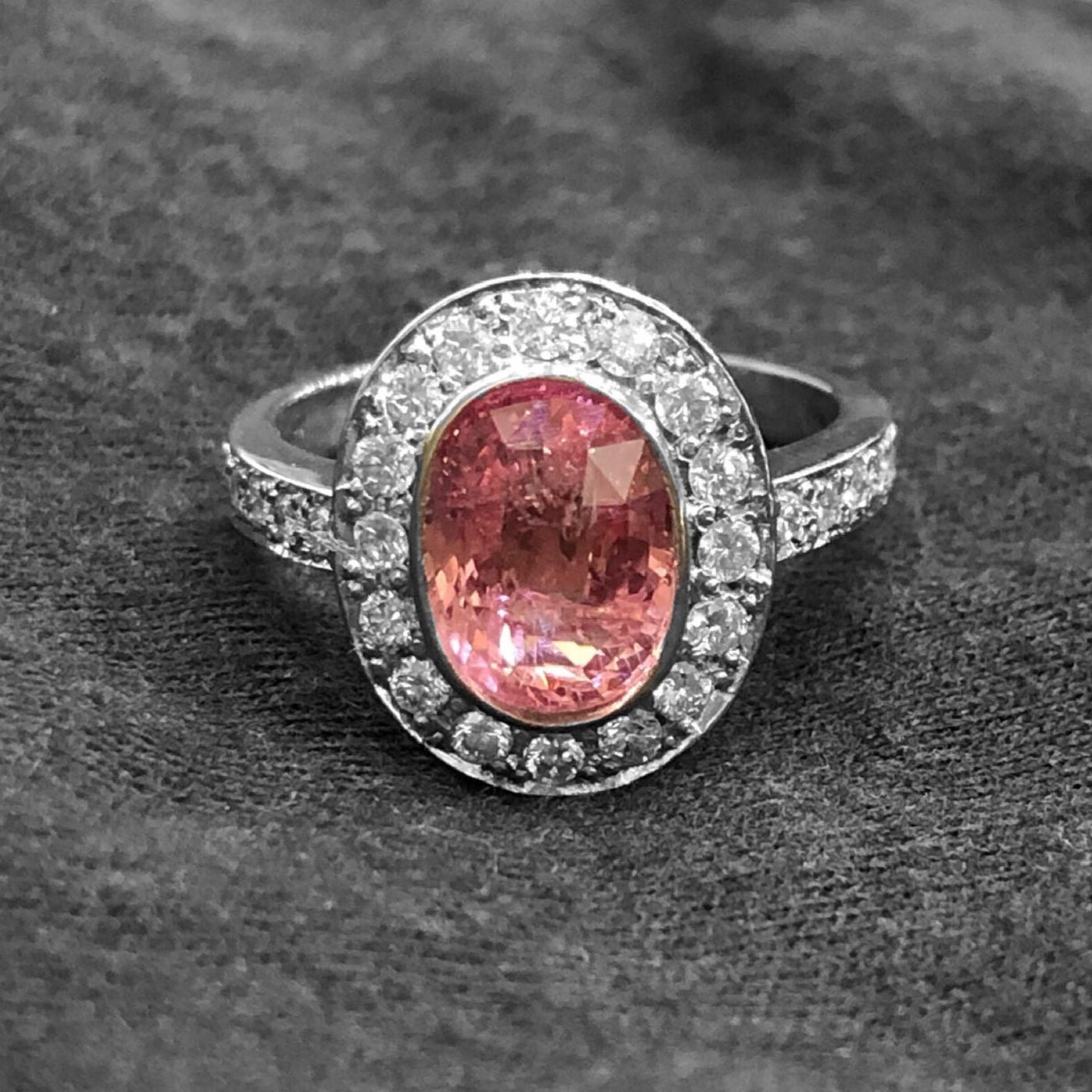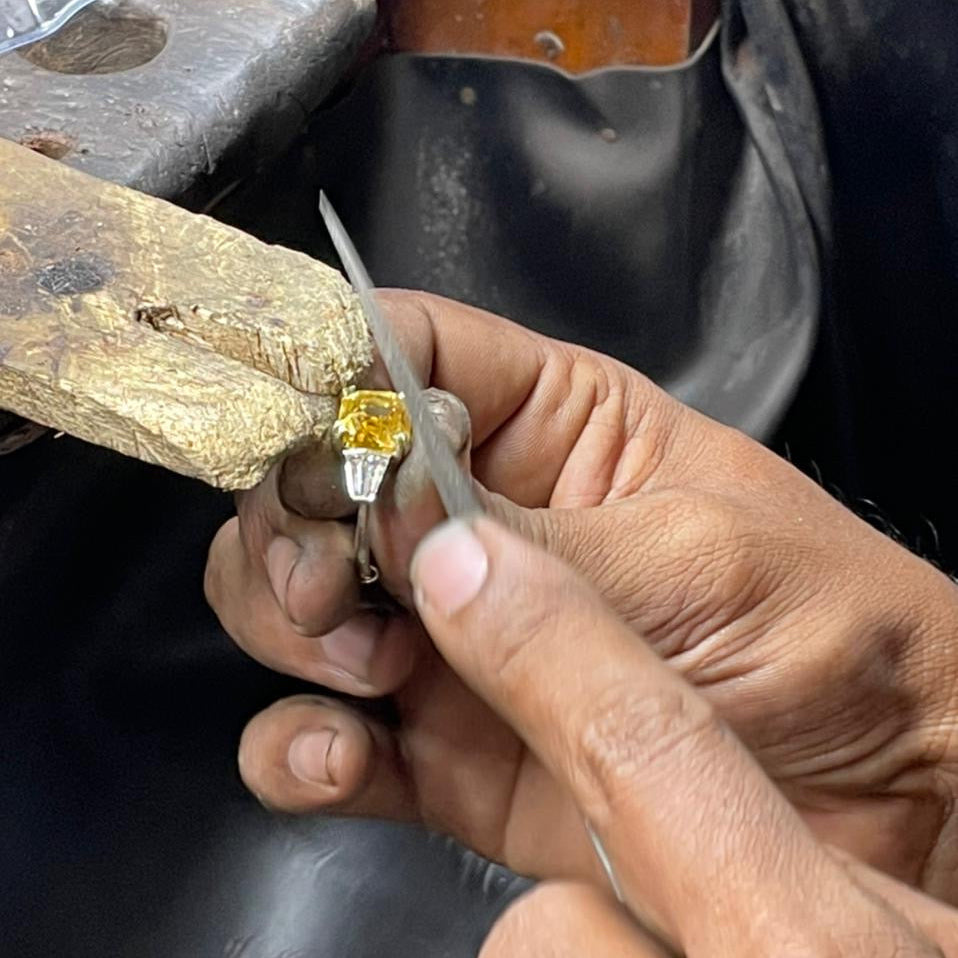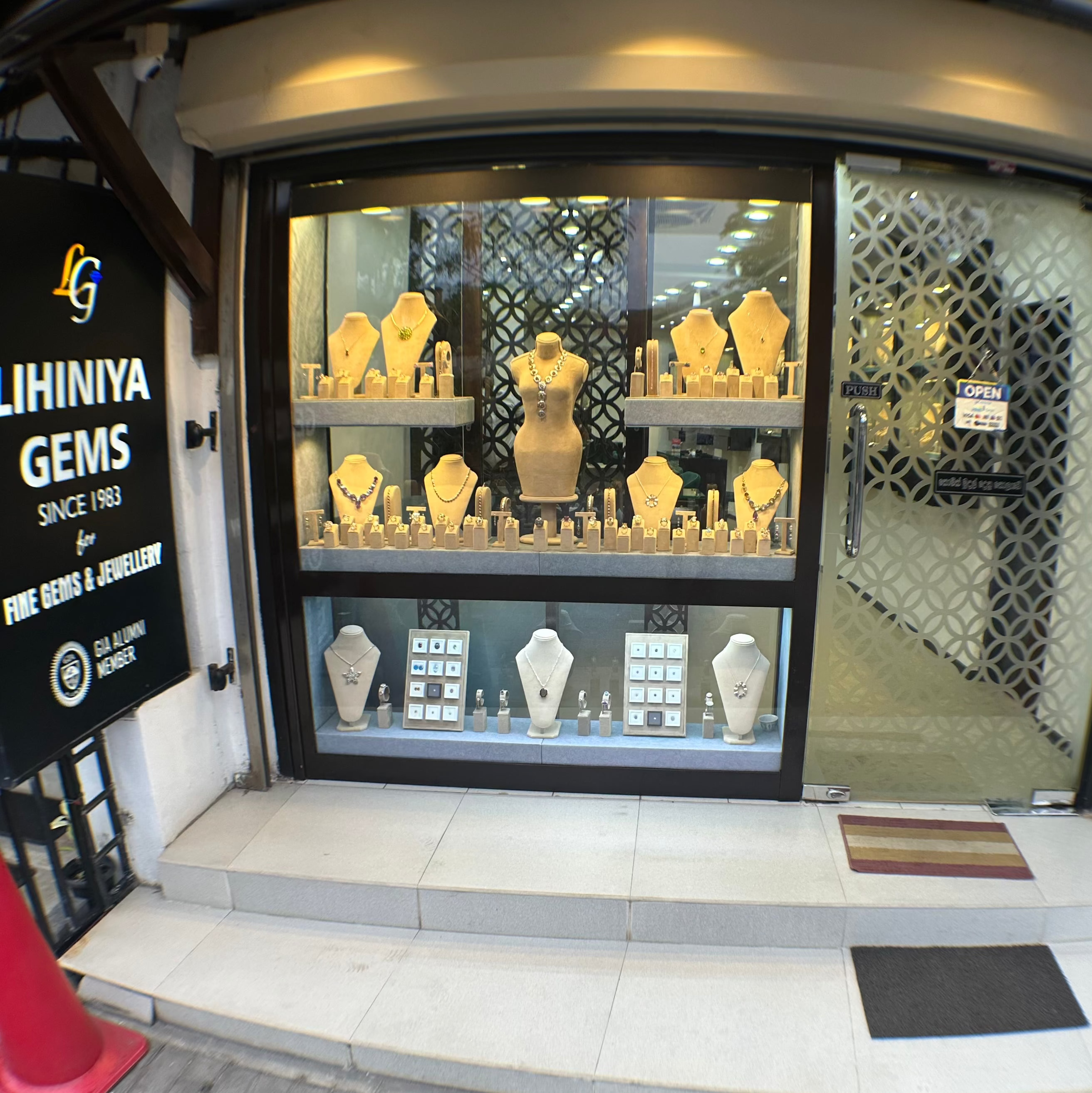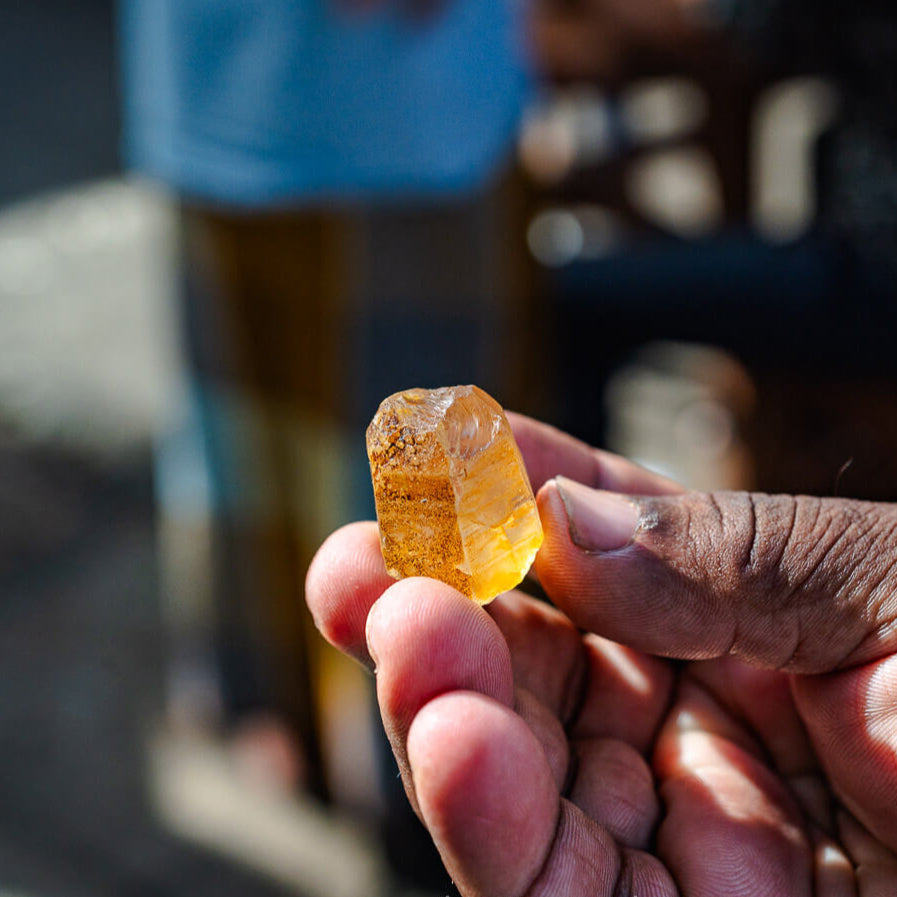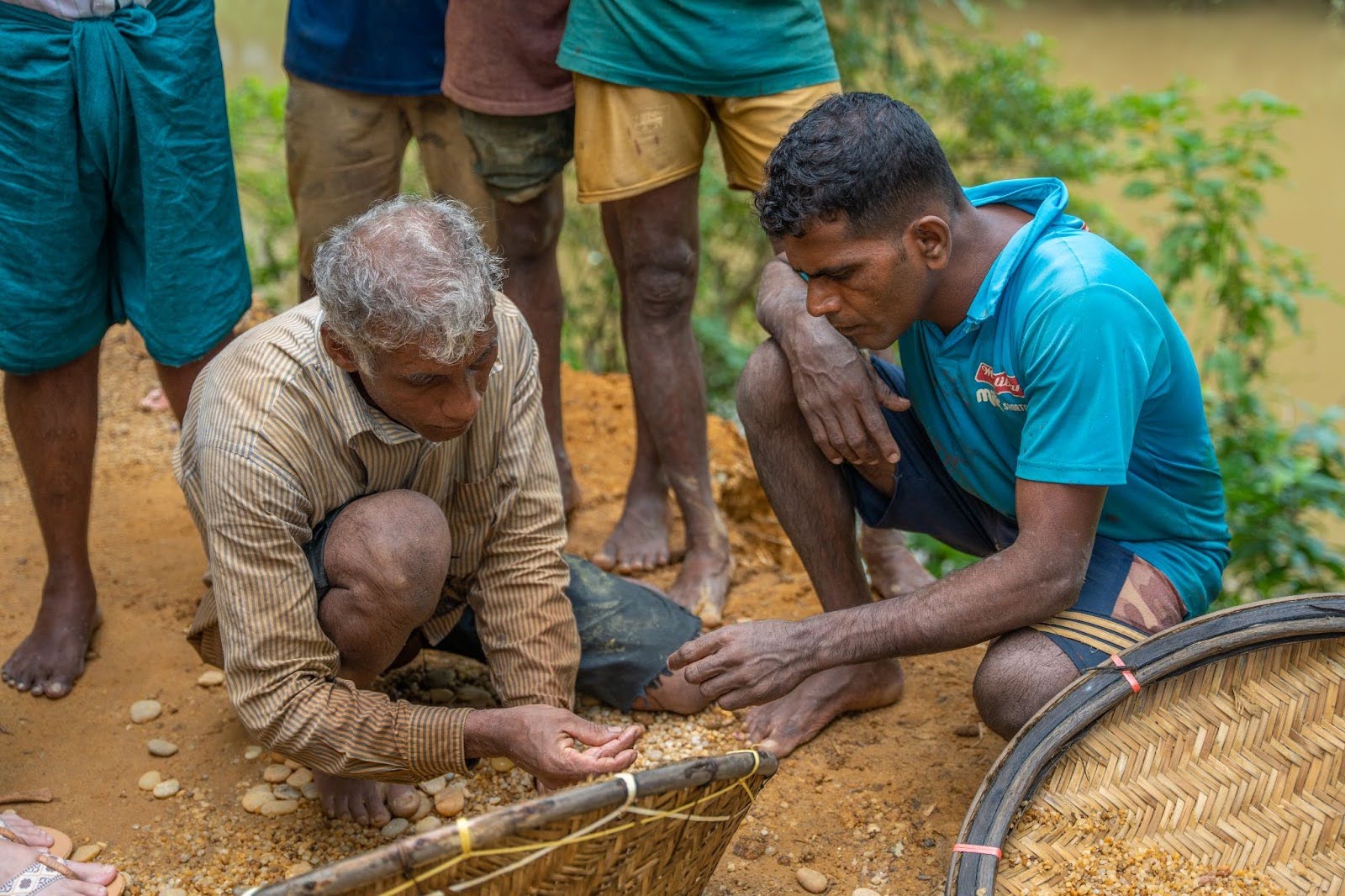
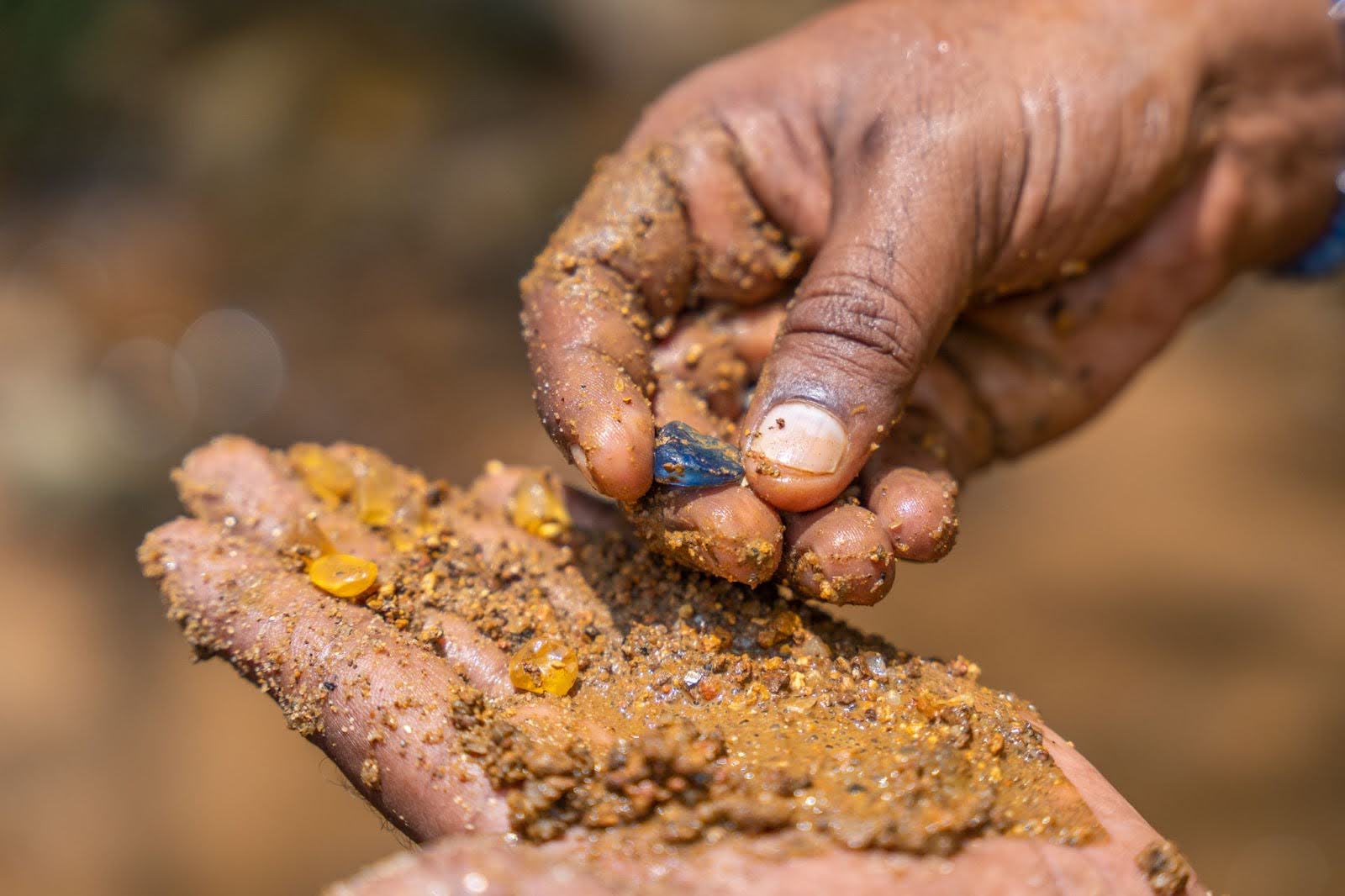
What does it mean for a gemstone to be ethically or sustainably sourced, particularly in terms of mining practices?
An ethical gemstone can be defined in different ways, but one key aspect is the method of extraction. For example, a gemstone may be considered ethical if it’s mined without the use of heavy machinery, ensuring less environmental disruption. Additionally, it may be deemed ethical if the mining process avoids child labor, ensures fair wages for workers, supports education for local families, and ensures the land is rehabilitated to its natural state after extraction. Rather than simply trusting claims, it's important to ask detailed questions to determine whether the gemstone aligns with your standards for sustainable and responsible sourcing.
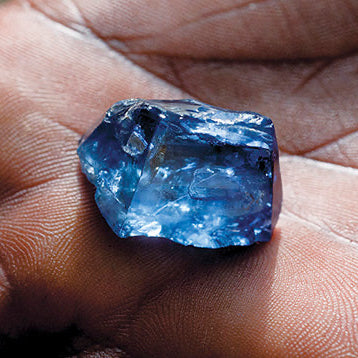
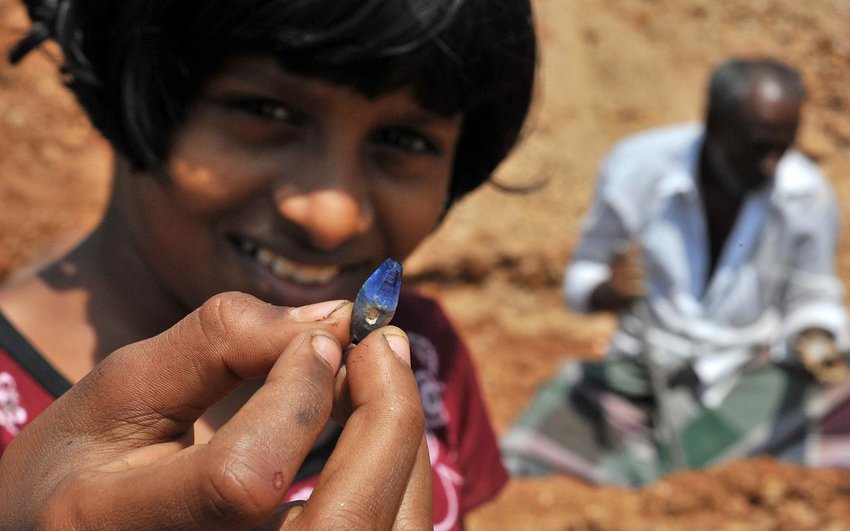
How can I steer clear of greenwashing when purchasing jewelry?
The best approach is to ask questions and seek out more details. Start by reviewing the company’s About page, or ideally, their sustainability statement, to understand their values. If that doesn't provide enough clarity, reach out directly and ask them to elaborate on what they mean by calling their gemstones sustainable or ethical. The way they respond will usually reveal whether sustainability is truly a core principle or simply a marketing strategy. If their answers are vague or generic and don't directly address your inquiry, it's a red flag that their sustainability claims might not be well-founded.
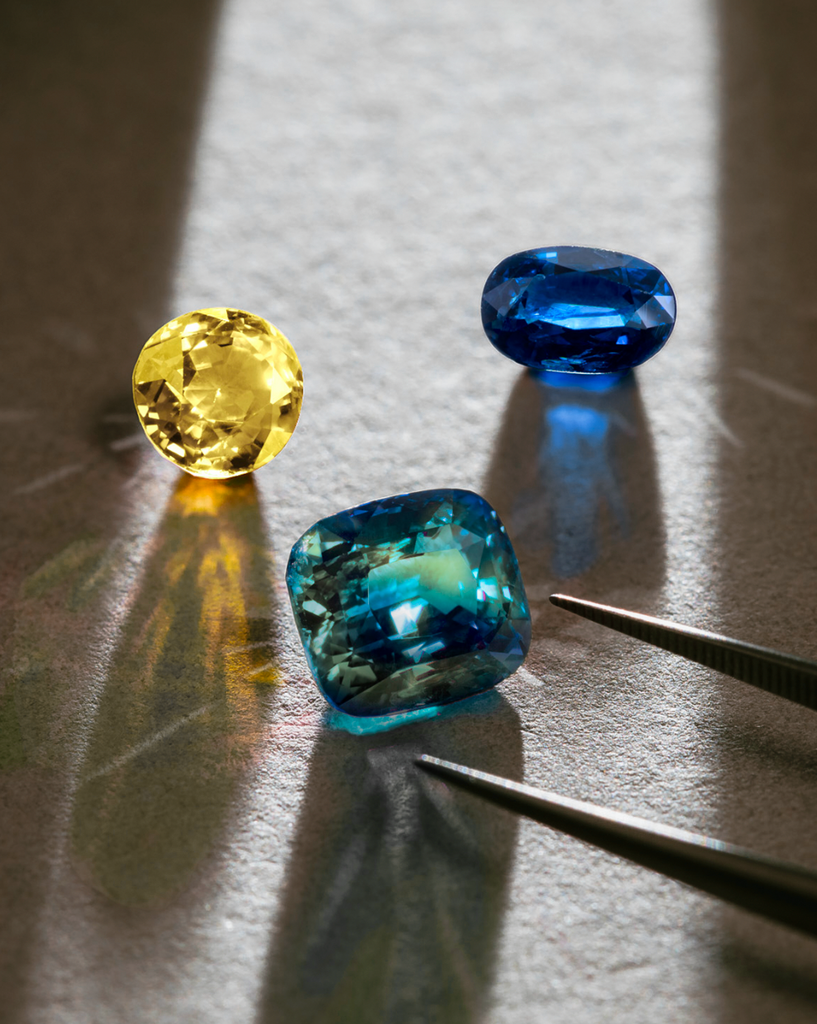
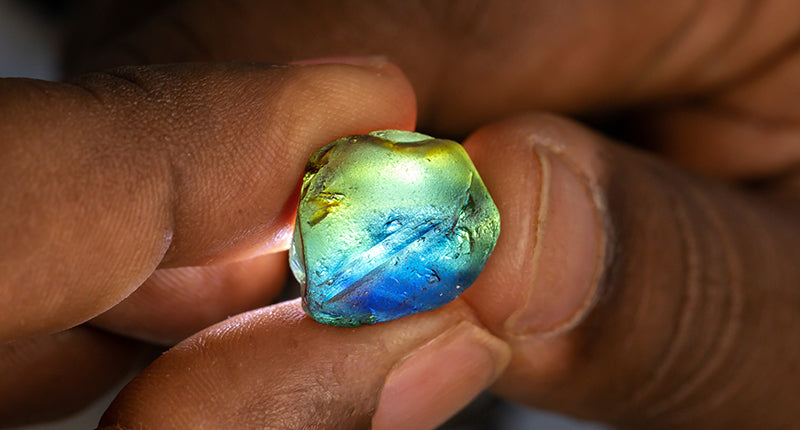
How Is it done at Lihiniya gems?
We approach this subject with the utmost seriousness and transparency. None of our materials are sourced in a way that bypasses the established and widely accepted supply chain practices. We do not own any mines, nor do we purchase directly from them. Instead, we maintain a seamless and ethical supply chain. Our trusted suppliers have been collaborating with us for nearly two decades, sourcing stones from mines and selling them in rough markets in select regions. These stones are then cut and polished by the traders who acquire them from the mines. Once the stones are ready, they are brought to us for trading.
Upon receiving the stones, our in-house gemologist thoroughly examines each one. We purchase only those that meet our standards, and, if necessary, we may recut them to enhance their beauty or ensure symmetry. For larger stones, we send them to a reputable third-party gemological lab for testing and a detailed report. Finally, once all processes are complete, the gemstones are displayed in our store for sale.
In our jewelry-making process, all of our silver, gold, and palladium are sourced through reputable banks, ensuring the highest standards of ethical sourcing. Additionally, three of our skilled goldsmiths adhere to ethical practices in their craftsmanship. Each piece of jewelry is meticulously handcrafted and undergoes thorough checks for both setting and material purity before it is either displayed in our store or delivered to customers, particularly for custom-made pieces.
While there are several gemstone treatments approved by the GIA and other regulatory bodies within the gem industry, we strictly use only traditional heating methods for gemstone enhancement. We avoid all other treatments, as they can impact the long-term durability of the gem, potentially leading to issues like scratches or chipping over time when set in jewelry.
We have recently observed a growing trend of individuals bypassing established supply chains by directly sourcing stones from mines. This disrupts the industry and, in the long term, tends to negatively impact sustainability. Vendors who engage in such practices often struggle to maintain their businesses over time.

